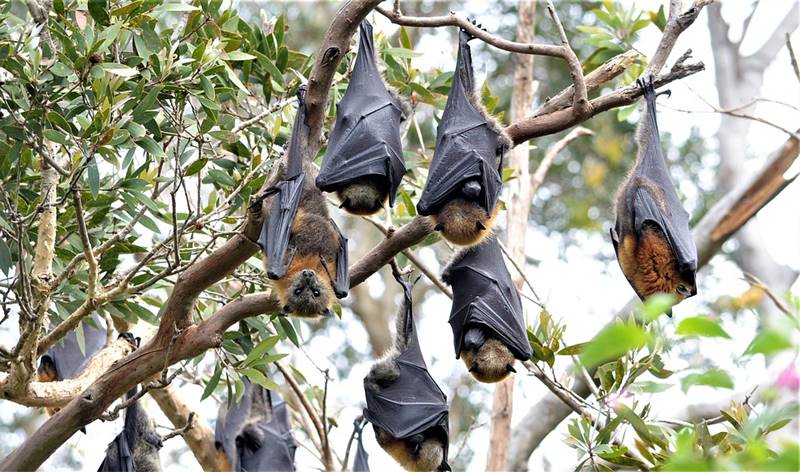Kerala, which is reporting the highest daily COVID19 cases in the country, has also a death due Nipah virus, which has added to the worries of the state government that is struggling to bring down the coronavirus cases. Two days back on September 5, a 12-year-old kid died due to the Nipah virus infection at a hospital in Kerala.
A day later on September 6, the Kerala health department identified 251 people who had come in contact with the 12-year-old boy. Of these identified persons, 38 are in isolation at the Kozhikode Medical College hospital and 11 of them have shown symptoms.
Kerala Health Minister Veena George said that of these 251 contacts, 129 are healthcare workers. “There are 38 persons in isolation at the Kozhikode Medical College hospital of which 11 have shown symptoms. Samples of eight persons have been sent to Pune NIV [National Institute of Virology] for testing,” the minister was quoted as saying in a media report.
#Kerala Health Minister Veena George says test results of eight persons for #NipahVirus , sent to the National Institute of Virology Pune were found to be negative.
— All India Radio News (@airnewsalerts) September 7, 2021
Furthermore, 24 samples of eight persons were sent to the National Institute of Virology in Pune. George today on September 7 announced that all samples have tested negative for Nipah virus.
“All 24 samples of eight persons to National Institute of Virology, Pune were found negative (for Nipah virus). We are testing more samples. We have started field surveillance and will begin house-to-house surveillance in containment zones today,” George was quoted as saying.
The first Nipah virus outbreak in Kerala was reported from Kozhikode on May 19, 2018. Since then, 17 deaths and 18 confirmed cases were registered by June 1, 2018. As per media reports, the outbreak was later contained and declared over by June 10, 2018.
Also Read: World Zoonoses Day 2021: Here’s all you need to know
What is the Nipah virus?
According to the World Health Organization, Nipah virus is a zoonotic virus. In other words, it can be transmitted from animals (such as bats or pigs) to humans, or contaminated foods and can also be transmitted directly from human-to-human. Fruit bats of the Pteropodidae (flying foxes) family are the natural host of Nipah virus.
Infected people initially develop symptoms such as fever, headaches, myalgia, vomiting, and sore throat. This can be followed by dizziness, drowsiness, altered consciousness, and neurological signs that indicate acute encephalitis.
Some even experience atypical pneumonia and severe respiratory problems, including acute respiratory distress. Encephalitis and seizures occur in severe cases, progressing to coma within 24 to 48 hours.
The public health body warned that 40-75 per cent of Nipah cases can lead to death.
Districts put on high alert
The state health department in four districts — Kozhikode, neighbouring Kannur, Malappuram and Wayanad — have been put on high alert.
Earlier on September 5, the central government had sent a public health team to the Kozhikode district. A team of the National Centre for Disease Control (NCDC) was also sent to provide technical support.
Nipah virus has been detected in the Kozhikode district of Kerala.
— Dr Mansukh Mandaviya (@mansukhmandviya) September 5, 2021
Central Government has rushed a team to Kerala to support the State in public health measures and provide technical support.https://t.co/DAetTt3yL6
Meanwhile, the neighbouring state of Tamil Nadu has tightened security measures in areas bordering the state. Health Minister Ma Subramanian reportedly said that directions have been issued to nine districts that border Kerala to take preventive measures.













